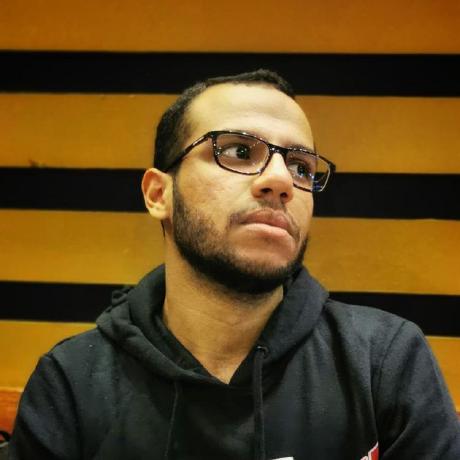Discover and explore top open-source AI tools and projects—updated daily.
memery by  deepfates
deepfates
Image search tool using natural language and computer vision
Top 56.8% on SourcePulse
Memery provides natural language and computer vision-based search for local image collections, targeting users overwhelmed by large, unorganized image folders. It enables searching with descriptive text or example images, offering a significant improvement over manual thumbnail browsing for locating specific visual content.
How It Works
Memery leverages OpenAI's CLIP (Contrastive Language-Image Pretraining) model. CLIP learns a shared latent space for images and their textual descriptions by training a vision transformer and a language transformer. This allows Memery to effectively map natural language queries to relevant images within a local dataset, facilitating semantic search.
Quick Start & Requirements
- Installation:
pip install git+https://github.com/deepfates/memery.gitorpip install memery(after cloning andpoetry install). Also requirespip install git+https://github.com/openai/CLIP.git. - Prerequisites: Python 3.9+, GPU (CPU-only requires specific PyTorch installation:
pip install torch==1.7.1+cpu torchvision==0.8.2+cpu torchaudio==0.7.2 -f https://download.pytorch.org/whl/torch_stable.html). - Usage:
- GUI:
memery serve [directory] - CLI:
memery recall PATH/TO/IMAGE/FOLDER -t 'text_query' - Library: Import
Memeryfrommemery.core.
- GUI:
- Links: GitHub
Highlighted Details
- Supports searching with both text and image queries simultaneously.
- Offers a browser-based GUI for interactive searching and a CLI for scripting.
- Can be integrated as a Python module into other applications and notebooks.
- Includes commands for building (encoding/indexing) and purging the image database.
Maintenance & Community
The project was initially developed by Max Anton Brewer (@deepfates), with significant contributions from @wkrettek. The primary contact for support is via GitHub Issues or direct message on Twitter.
Licensing & Compatibility
The repository does not explicitly state a license in the README. This requires clarification for commercial use or integration into closed-source projects.
Limitations & Caveats
The project is noted as not yet optimized for performance, with search times scaling linearly with dataset size (O(n)). The GUI's directory selection is basic, relying on path strings rather than a file picker. The default installation prioritizes GPU usage, requiring manual steps for CPU-only operation.
2 months ago
Inactive

 0ssamaak0
0ssamaak0 EdVince
EdVince cocktailpeanut
cocktailpeanut slavabarkov
slavabarkov MemeMeow-Studio
MemeMeow-Studio greyovo
greyovo yurijmikhalevich
yurijmikhalevich AlexZhangji
AlexZhangji moein-shariatnia
moein-shariatnia haltakov
haltakov mixedbread-ai
mixedbread-ai rom1504
rom1504